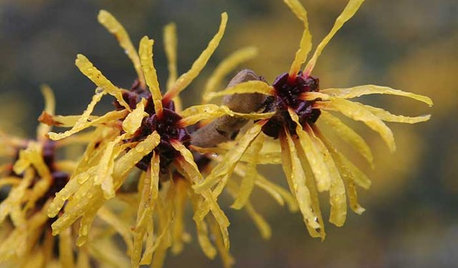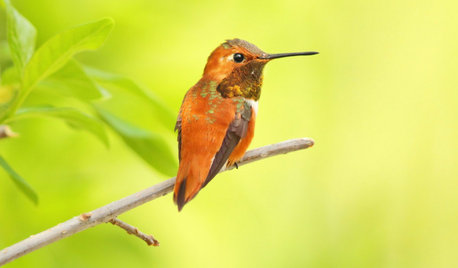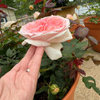How to treat roses to prevent cane borers?
cjrosaphile
13 years ago
Featured Answer
Sort by:Oldest
Comments (12)
zack_lau z6 CT ARS Consulting Rosarian
13 years agojim1961 / Central Pennsylvania / Zone 6
13 years agoRelated Professionals
Baltimore Landscape Architects & Landscape Designers · Forest City Landscape Architects & Landscape Designers · Brooklyn Center Landscape Architects & Landscape Designers · East Patchogue Landscape Architects & Landscape Designers · Manchester Landscape Contractors · Williamsburg Landscape Contractors · Bridgeport Landscape Contractors · Bristol Landscape Contractors · Elmhurst Landscape Contractors · Harvey Landscape Contractors · Marlborough Landscape Contractors · Pikesville Landscape Contractors · Richmond Landscape Contractors · Vashon Landscape Contractors · Whitehall Landscape ContractorsZyperiris
13 years agoronda_in_carolina
13 years agokentstar
13 years agoeveryrose
13 years agoreg_pnw7
13 years agocjrosaphile
8 years agolast modified: 8 years agocountrygirlsc, Upstate SC
8 years agorugose
8 years agomichaelg
8 years ago
Related Stories

WINTER GARDENINGPruning Secrets for Exquisite Roses
Encourage gorgeous blooms year after year with this time-tested advice on how to prune your rosebush in winter for health and shape
Full Story
GARDENING GUIDESWhat Kind of Roses Should You Grow?
Want to add the beauty of roses to your garden? Find out which ones, from old-fashioned to modern, are right for you
Full Story
GARDENING GUIDESPacific Northwest Gardener: What to Do in June
Now's the time to prune pines and vines, prevent pests and buy June-blooming plants to keep your garden healthy and beautiful
Full Story
NORTHWEST GARDENINGPacific Northwest Gardener's February Checklist
Let witch hazel cast its spell, shut off your mason bees' snooze button and hit up the nursery for seeds and roses
Full Story
GARDENING GUIDESBackyard Birds: Invite Entertaining Hummingbirds Into Your Garden
Hummingbirds — unique to the Americas — zip through open landscapes seasonally or year-round. Here’s how to attract them
Full Story
GARDENING GUIDES10 Easy Edibles for First-Time Gardeners
Focus on these beginner-friendly vegetables, herbs, beans and salad greens to start a home farm with little fuss
Full Story
FALL GARDENING7 Reasons Not to Clean Up Your Fall Garden
Before you pluck and rake, consider wildlife, the health of your plants and your own right to relax
Full Story
GARDENING GUIDESSoutheast Gardener's March Checklist
Start fresh by envisioning new plant combinations as you tend to fruit trees and rosebushes — and watch out for those darned voles
Full Story
PETSSee a Deluxe 'Catio' Built for Feline Fun
Sixteen lucky cats get the run of a protected outdoor patio with ramps, steps and even a koi pond
Full Story
FRUIT TREESHow to Grow Your Own Juicy Plums
Easier than other stone fruits and with a variety of colors to choose from, plums are a versatile garden addition
Full StoryMore Discussions









michaelg